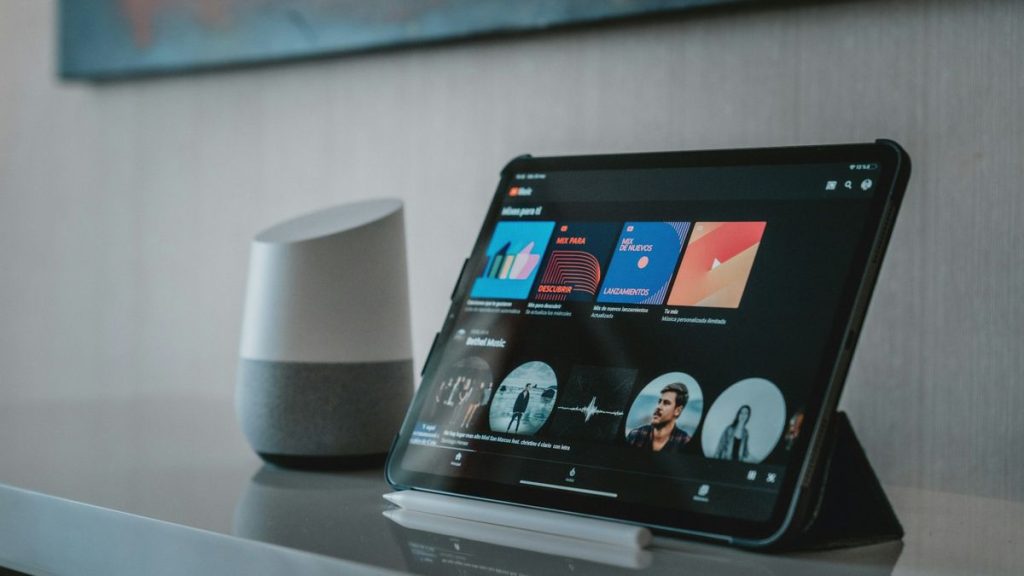Photo Credit: Alvaro Reyes
YouTube has reported its second best ever quarter in terms of sales—$8.92 billion in Q3 2024 revenue. Alphabet CEO Sundar Pichai attributes this to YouTube Music helping grow subscription revenue and AI doing a better job of recommending videos to people.
YouTube revenue grew 12.1% year-over-year to $8.92 billion, marking the second straight quarter of decline. YouTube’s total ads and subscription revenue surpassed $50 billion over the past four quarters for the first time. Meanwhile, Google subscription revenue driven by YouTube TV, Premium, Music and NFL Sunday Ticket climbed 27.7% year-over-year to $10.66 billion.
Pichai says “YouTube TV, NFL Sunday Ticket, and YouTube Music are driving subscription growth” for the company, but did not offer further details on the breakdown of those individual services. YouTube reportedly pays the NFL $2 billion a year for the Sunday Ticket football subscription, which seems to be paying off for both parties. In September 2023, the NFL said the Sunday Ticket package had more subscribers on YouTube than it had on DirecTV last year.
Alphabet says AI has been key in helping drive subscription growth, too. Chief Business Officer Philipp Schindler said, “Driven by Gemini, our large language models have a deeper understanding of video content and viewer preferences. As a result, they can recommend more relevant, fresher, and personalized content to the viewer.”
Alphabet’s overall sales increased 15% year-over-year to $88.3 billion, with Google Services accounting for the bulk of Alphabet’s sales. Shares of Alphabet stock closed 1.66% higher on the news at $171.14 per share, which rose more than 5.5% in after hours trading. Alphabet stock is up 22.6% on the year.
Alphabet has kept its YouTube Music subscription numbers close to its chest, but we know the service cracked 100 million subscribers in March 2024. At the time, that was an increase of 20 million subscribers from numbers reported in 2022. Along with the subscriber numbers, YouTube revealed that Content ID claims were up 25% year-over-year, with most rights holders choosing to monetize content rather than rip it down.

